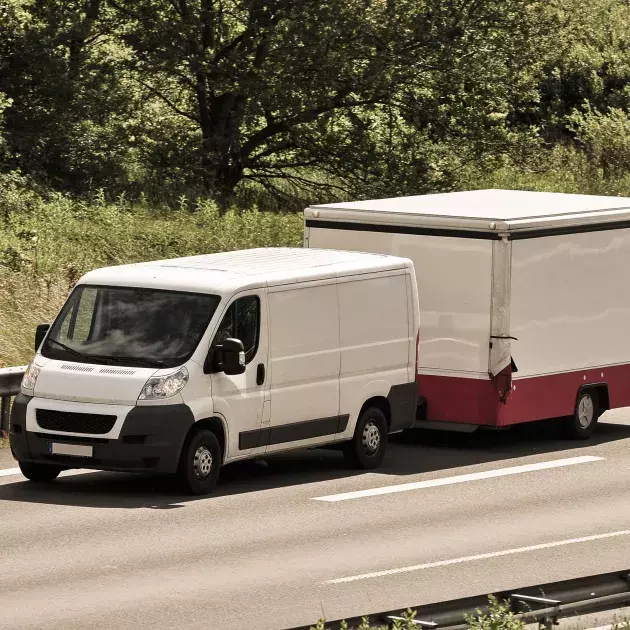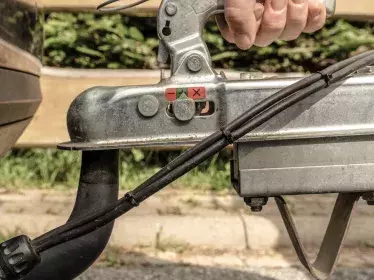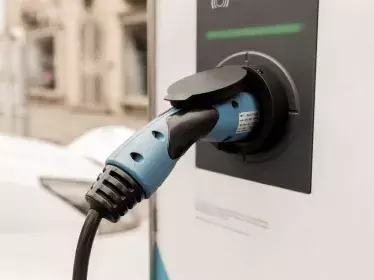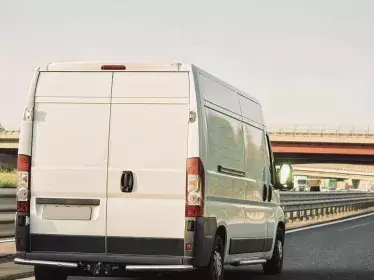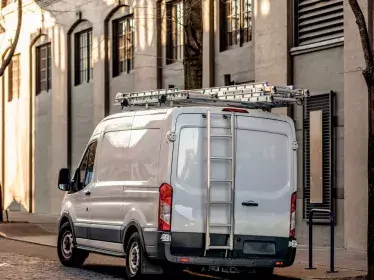You work and drive around in your van, but its cargo space is not always big enough. Bulky equipment, heavy machinery, bulk products...iIn some cases, a trailer will prove to be your best friend and help you meet certain requirements related to your work. Here is some information to help you make the right choice.
The legal rules
First and foremost, you need to make sure everything is in order in relation to:
- The MAM (Maximum Authorised Mass) of the vehicle train. This is the maximum mass of the towing vehicle and its trailer. It is therefore necessary to adapt the trailer's load to the capacity of the towing vehicle. The authorised towed load will be the mass of the empty trailer plus its load.
- The licence (in brief):
- A category B licence allows you to drive with a trailer whose MMA does not exceed 750kg and whose mass of the train (engine + trailer) does not exceed 3.5 tonnes.
- The B + CODE 96 licence (simplified practical test) allows you to drive with a train not exceeding 4.25 tonnes.
- The B + E licence (practical test) allows you to drive a train not exceeding 7 tonnes.
Your needs
Once you have looked into the legal aspects, you can list your needs. For example, a gardener will probably need to load up waste but will also need a mini-excavator for heavier work; for a caterer, a refrigerated trailer will be necessary. As explained in the rules, MMA is very important and your needs may change over time. It is therefore often better to plan for more than not enough. The price differences for larger MMAs will likely pay for themselves quickly if your needs increase. If you have manoeuvring constraints, the number of axles should be taken into account. A single axle trailer is very manoeuvrable but its MMA will be limited. The advantage of a double axle is that it has greater stability.
Knowing the main trailer types and their specifications can help you determine which one fits your needs the best. There are numerous types of trailers available on the market. To better understand your various options, find an overview of the most common types here below:
Standard trailers
Also called basic or drop-sided trailers, these are certainly the most versatile – definite "all-rounders". There are many options regarding the size, the height of the sides, closing and loading.
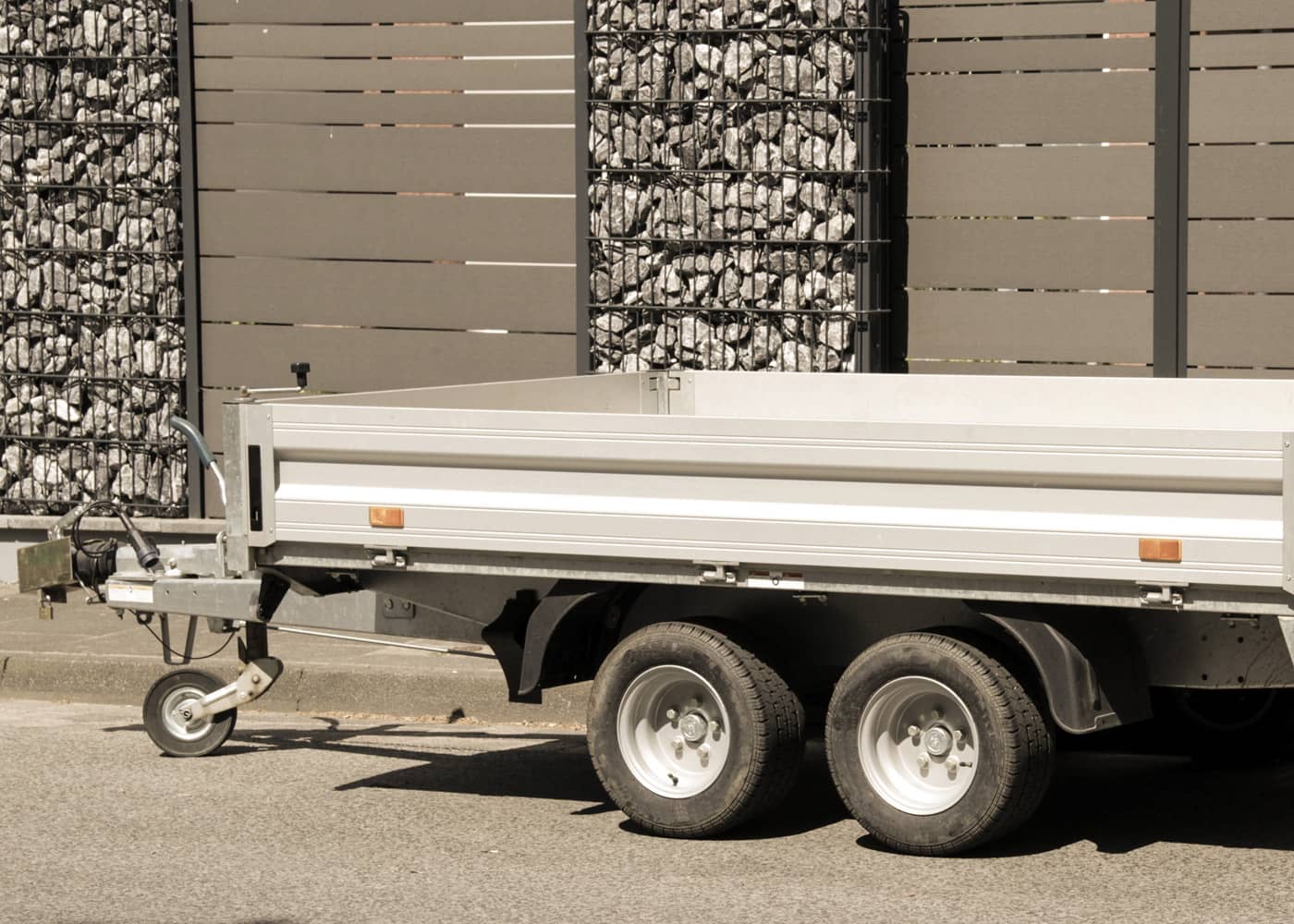
Flatbed trailers
These are indispensable for transporting construction equipment or vehicles. These models are available with single, double or triple axles. External wheels or under the platform, with or without a rim, tilting platform or not: it is important to study what you are purchasing. A little tip is to take a good look at the anchor points, which are essential for whatever you are carrying.
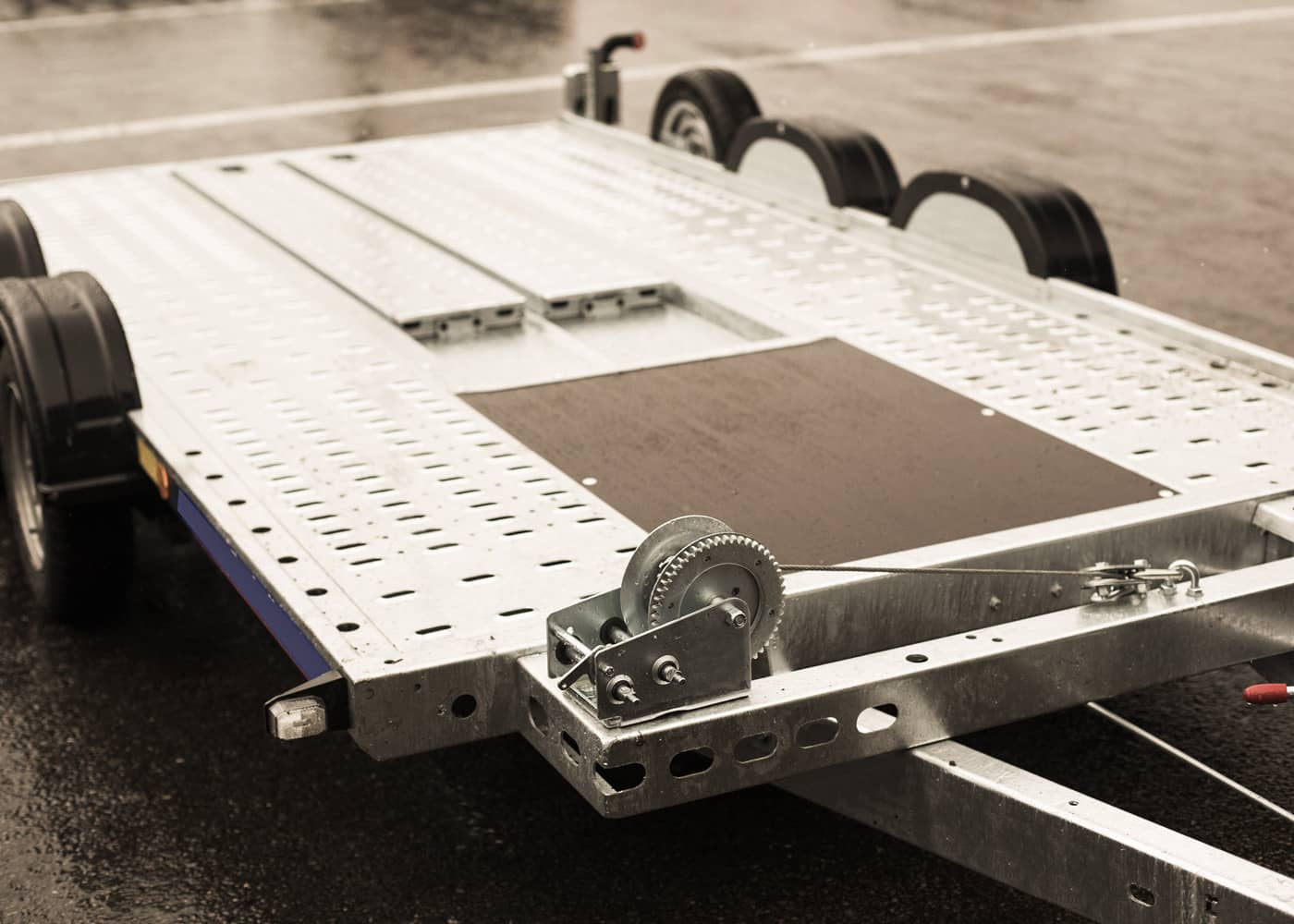
Van trailers
These are completely closed with a body made of composite materials to reduce their weight. They are perfect for being discrete or protecting what you are carrying.
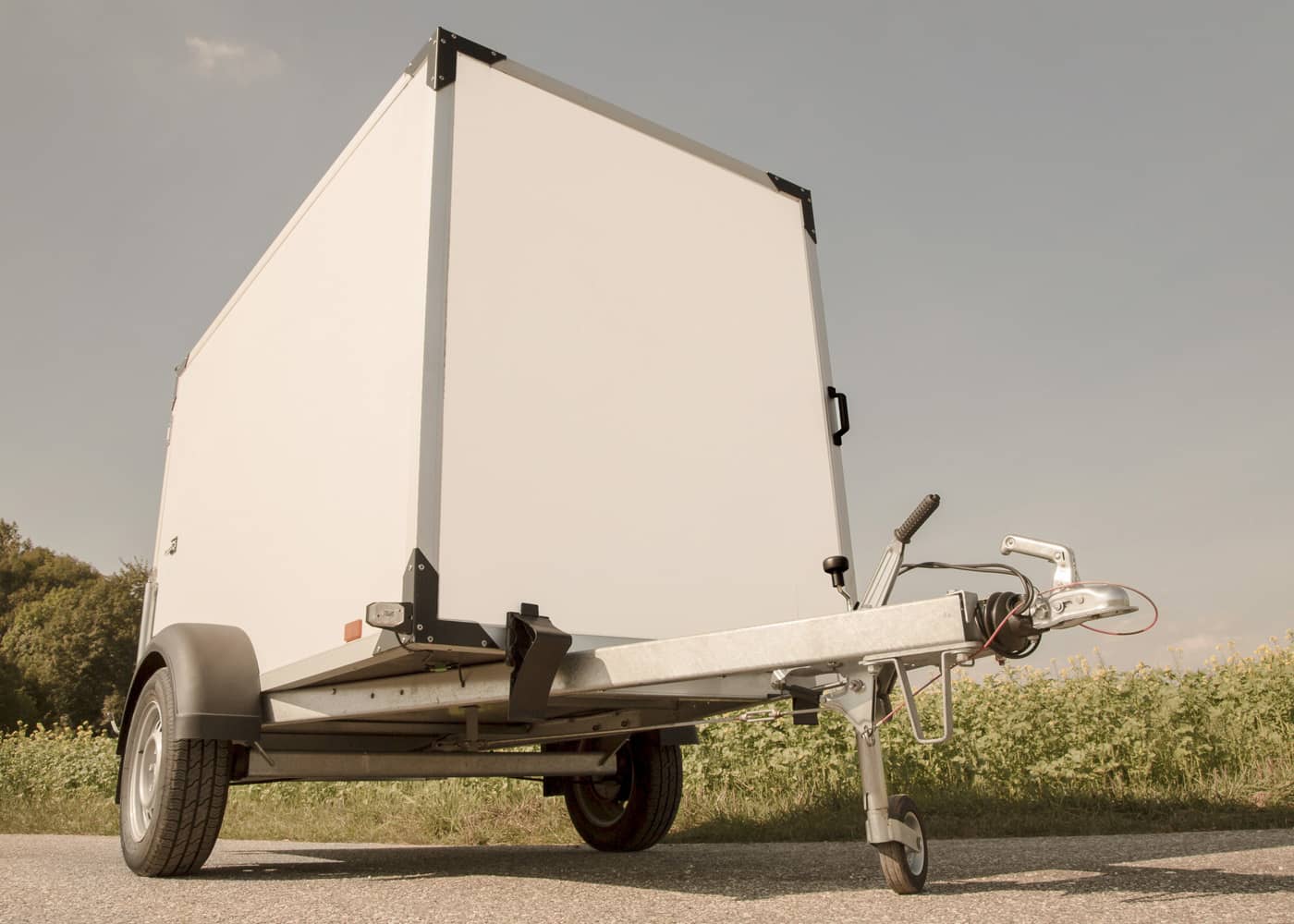
Tipper trailers
These are contractors' best friends and a suitable tool for the construction sector. Dump trailers allow for tilting to the rear or side. The hydraulic pump can be manual or electric.
Custom-made trailers
Some manufacturers offer custom-made products to meet 100% of your needs.
In conclusion, you will need a little advice to help you in your purchase. Ask for the range of accessories that have been developed to equip the trailer of your choice. Indeed, a pair of ramps or an extension on the sides will undoubtedly be an important element when you consider your purchase.


